There is nothing more annoying at work, or during a social event, than to have to constantly get up to use the bathroom. Here’s what might be causing your frequent urination, and what to do about it.
Not only is it uncomfortable and annoying to get up and go to the bathroom over and over, but it can also be quite embarrassing for some. The good news is that you’re not necessarily stuck with a lifetime of frequent visits to the “loo”. Instead, it’s likely just a sign that something in your health or diet is out of balance.
You may be wondering how much is “normal” to pee in one day? The typical urine output in a 24-hour period varies between four to eight times daily, depending on food and liquid intake and activity level. You may be peeing more often because it’s hot outside and you’re drinking more water, or perhaps work has been busy and your caffeine intake has increased. On the other hand, frequent urination can also be a red flag for more serious medical conditions.
Want to train your brain to be happier and healthier?
Click here to receive our FREE 7-Day Meditation Challenge!
Should I Just “Hold It” for Longer?
When your bladder is stretched, there is an automatic feedback mechanism that signals to your brain to trigger the urge to urinate. Frequent urination can be cumbersome in the workplace, so many people decide to simply “hold it” for longer periods of time. While this may help you get more work done, the longer you hold your urine, the increased likelihood of bacterial infections which can spread to your kidneys and cause more serious problems.
Let’s take a look at some of the most common causes of frequent urination.
9 Common Causes of Frequent Urination
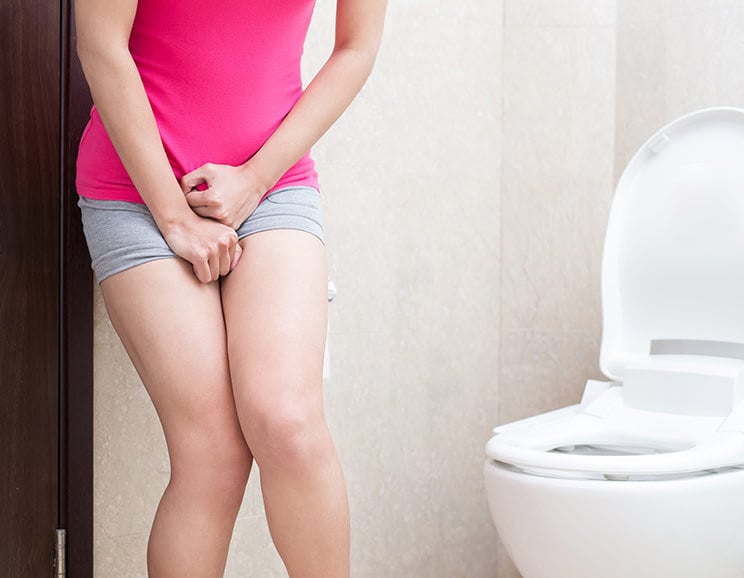
1. Infection
If you have a urinary tract infection (UTI), you’ll have to go to the bathroom more frequently and you’ll likely know something is wrong because you’ll also have pronounced pain or discomfort. This is much more common in women as the urethra is much shorter than in men, therefore bacteria have a shorter distance to travel to the bladder, increasing the risk of infection. (1) If you have a UTI, talk to your doctor or naturopath about the right treatment for you.
2. High Blood Sugars
If you go to the bathroom frequently, it may be a sign your blood sugar levels are on the rise. We often associate diabetes with overweight individuals, but skinny people can also have poor blood sugar control. Chronically high blood sugar levels lead to increased thirst, hunger, and frequent urination, and are an early warning sign of pre-diabetes. (2) If you suspect a problem, a specific blood test (i.e., HbA1c) can assess your blood sugar control over the past three months and uncover existing early signs of a problem.
3. You Drink Too Much Water
If you chronically drink a lot of water and still pee frequently, you may be drinking too much water. Distilled water can flush out sodium from the body, resulting in increased thirst and urination. Losing too much sodium is called hyponatremia, and it’s a common problem in runners who over-consume water, thinking that: “More is better!” (3) If you’ve just started drinking additional water, it may take your kidneys a couple of weeks to modify the absorption rate, so it’s normal to go to the bathroom more often.
4. Too Much Coffee or Alcohol
Caffeine and alcohol are diuretics, which means they trigger increased urination. They actually block the antidiuretic hormone (ADH), which as the name suggests, prevents you from peeing frequently. (4) Once you restrict this natural inhibitory mechanism with too much coffee, tea, chocolate, or alcohol, it can lead to more frequent trips to the bathroom.
5. Enlarged Prostate
For men, as you get older, you may notice an increase in urination frequency, often considered a normal sign of aging. If your trips to the bathroom have significantly increased recently, it may be a sign of an enlarged prostate gland pressing up against your bladder and triggering the urge to urinate. (5) Often, in this situation, only small amounts of urine are voided each trip. Talk to your doctor if these symptoms sound familiar.
6. Blood Pressure Meds
One of the most common types of drugs to treat high blood pressure are diuretics known as “water pills”, which remove sodium and water from the kidneys, allowing your blood vessels to relax. If your trips to the bathroom are getting annoyingly high, talk to your doctor about diet, exercise, and lifestyle interventions for treating high blood pressure. (6)
7. Constipation
Sometimes being constipated can exert pressure on your bladder, which can reduce its capacity simply because it has no room to expand. Try a gentle herbal laxative to ease constipation, but remember: you may exert more fluid for a bit during a laxative flush. Wait a few days after easing constipation to see if your urination improves.
8. Menopause or Estrogen Imbalance
Studies show estrogen plays a large role in bladder health. In fact, researchers found that estrogen deficiency is associated with lower urinary tract symptoms in women with urinary incontinence. (7) Talking to your doctor and having your estrogen levels tested could reveal that a deficiency or imbalance is causing excess urination.
9. Carrying Extra Body Weight
Carrying extra pounds can also exert more pressure on your bladder, making you feel like you need to go more often. As extra weight pushes down onto the top of your bladder, it has to work harder to expand to capacity, and you may often feel the need to urinate due to the weight “pushing” the urine downward.
Solutions for Overactive Bladder
Having to pee constantly throughout the day is likely a signal that something in your health or diet is out of balance. You don’t need to live with this discomfort or annoyance. Retrain your body and brain, remove dietary triggers, and rebuild the supporting musculature to restore normal urine frequency.
1. Retrain Your Brain
While it’s not good to hold out for too long, try to get your body used to waiting longer and longer between trips to the bathroom. Each week, lengthen the amount of time between “pee breaks”, gradually increasing it over a couple of months. This helps to reboot your brain and decrease the urgency to urinate.
2. Strengthen Your Muscles
If your pelvic floor muscles around your bladder are weak, it can lead to increased frequency or urgency to urinate. Retraining these muscles using Kegel exercises is a great way to improve bladder control. Perform for five minutes daily, five days per week.
3. Remove Dietary Triggers
If you’re struggling with frequent urination, you need to address the root causes, one of which is often the overconsumption of caffeine, alcohol, and sugar. Removing these from your diet for four weeks typically leads to improvement in symptoms, mild for some people and dramatic in others. Also, make sure you’re not drinking too much water; restrict your intake over the next four weeks and drink only when thirsty.
Foods (and Drinks) That Make You Pee
While we mentioned limiting popular foods containing caffeine, such as coffee, chocolate, and caffeinated tea, there are a few others you may not know about that can make you pee.
- Asparagus. It contains the amino acid asparagine, which has diuretic properties. (7)
- Beets. They’re high in potassium, which can flush water.
- Watermelon. Watermelon is also high in potassium and has a high water content, which could cause you to pee more.
- Citrus fruits. Oranges and grapefruit are high in pee-inducing potassium.
- Celery. Celery contains compounds called phthalides that act as diuretics, plus it’s high in water content. (8)
- Cucumbers. Cucumbers contain sulfur, which helps stimulate the kidneys to urinate more. (9)
5 Natural Remedies to Fight Frequent Urination
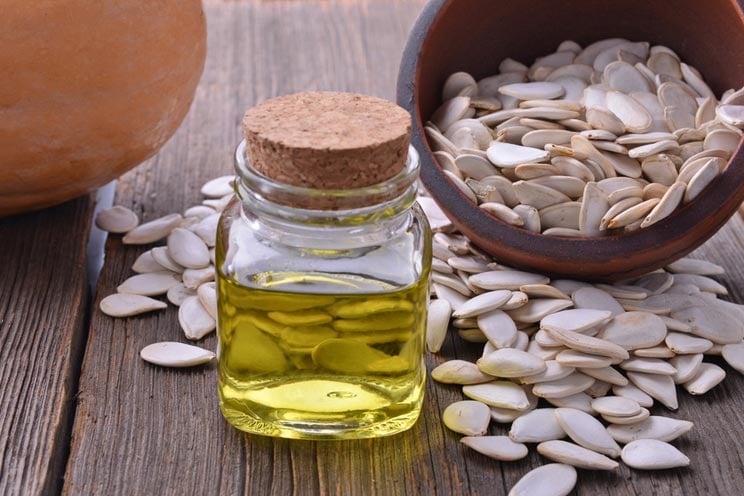
Aside from limiting the foods and drinks listed above, there are a few herbal options that you can take at home to help reduce urination and strengthen your bladder.
Gosha-jinki-gan (GJG)
This Chinese herbal formulation contains a blend of 10 different herbs, and studies show it inhibits bladder contractions and reduces urine frequency.
Hachimi-jio-gan (HE)
This other Chinese blend shows positive effects on the bladder in animal studies. (10)
Capsaicin
Capsaicin is the compound that gives chili peppers and powders their spice. Studies show that it helps bladder capacity increase from 106 milliliters to 302 milliliters in Overactive Bladder (OAB) patients. (11)
Pumpkin Seed Oil
One study found that pumpkin seed oil improves urinary function and symptoms of OAB. (12)
Kohki Tea
Animal studies show Kohki tea, which hails from China and Japan, can significantly help improve bladder function. (13)
When You Should See a Doctor
Try the above remedies first and see if they help. If frequent urination is still interfering with your lifestyle, visit your doctor.
Need more help “training your brain”? Our Mindful Body program can help you reset the way you think to control cravings, get motivated to exercise, and meet your weight loss goals through meditation. You may be surprised that your biggest block to weight loss isn’t diet… calories… or exercise – it may be in your head! Mindfulness expert Leah Santa Cruz shows you how to overcome emotional eating, cravings, and stress eating in this simple, easy to follow program.


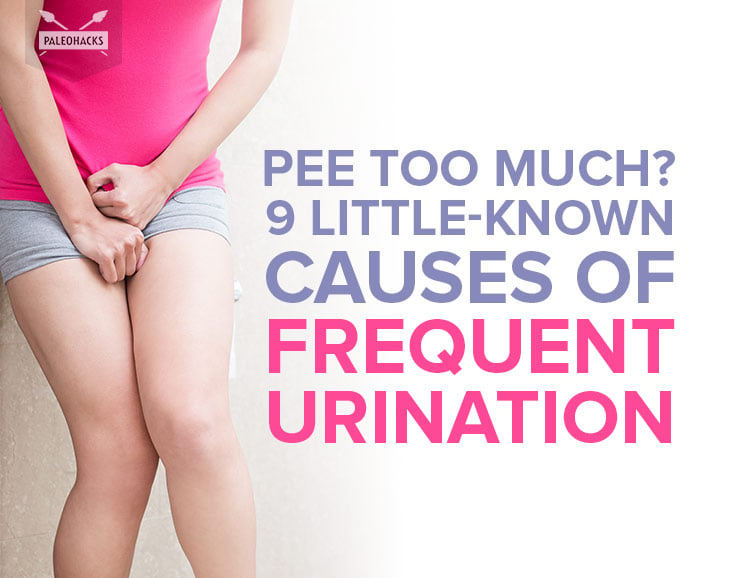
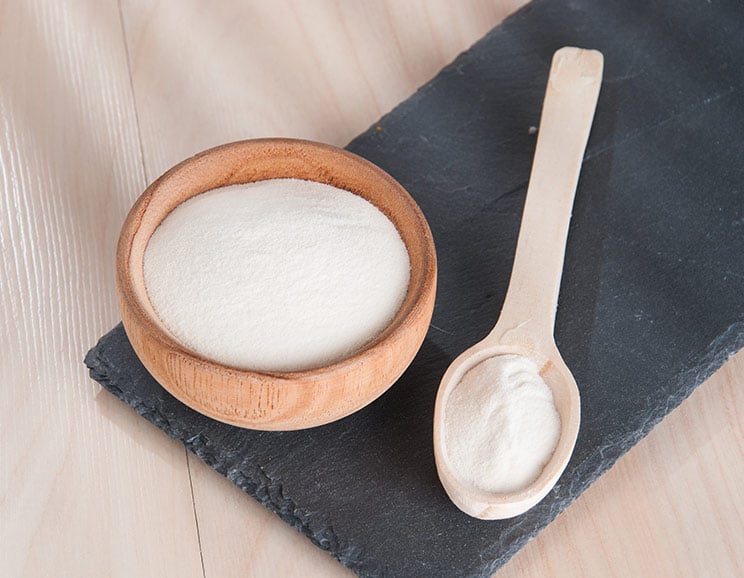 Collagen: Benefits & How to Cook, Bake and Drink It
Collagen: Benefits & How to Cook, Bake and Drink It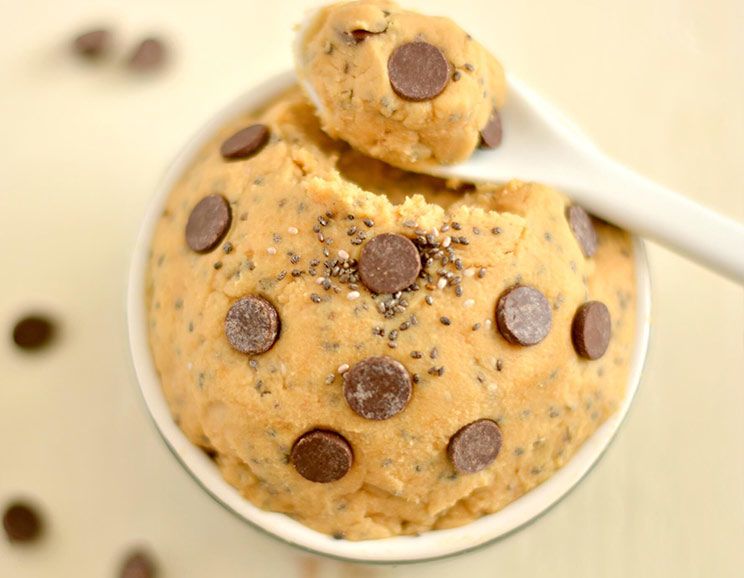
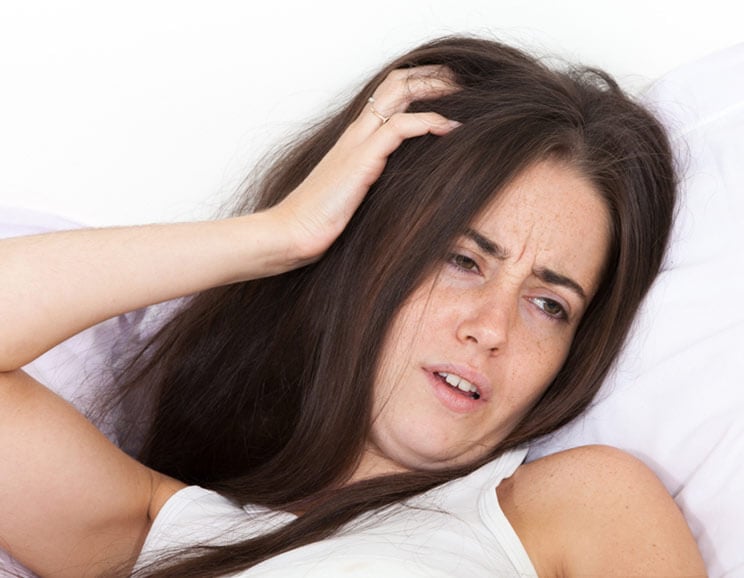
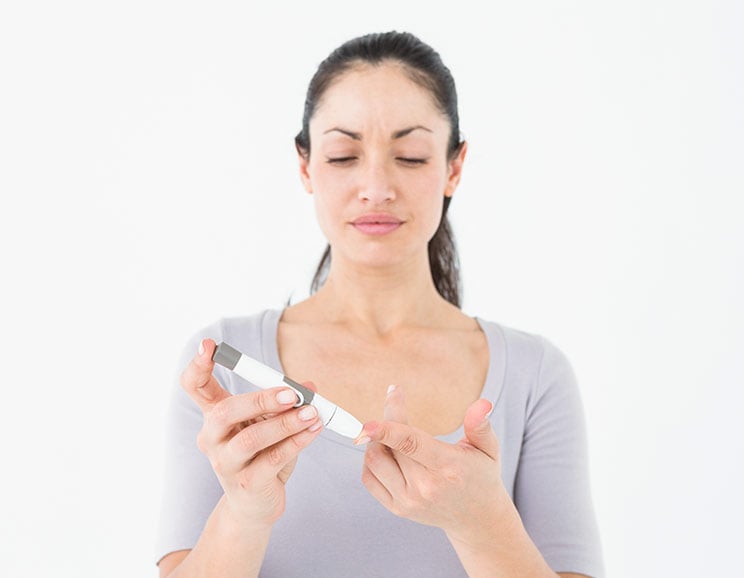
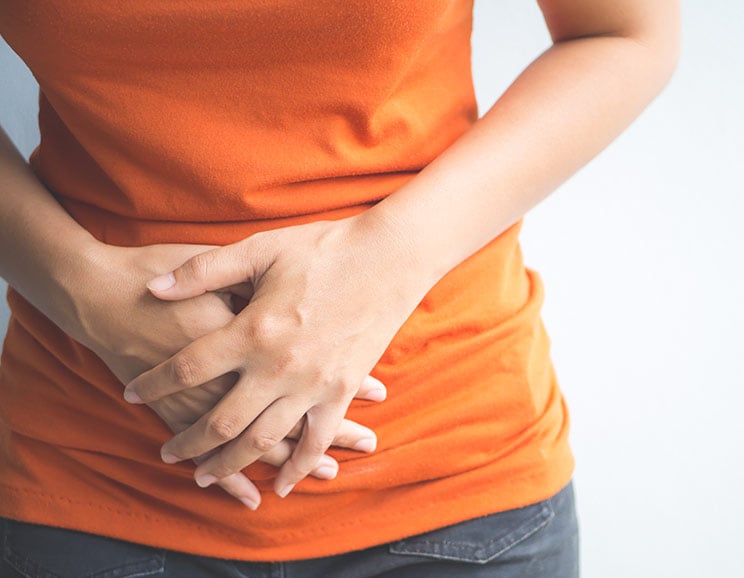
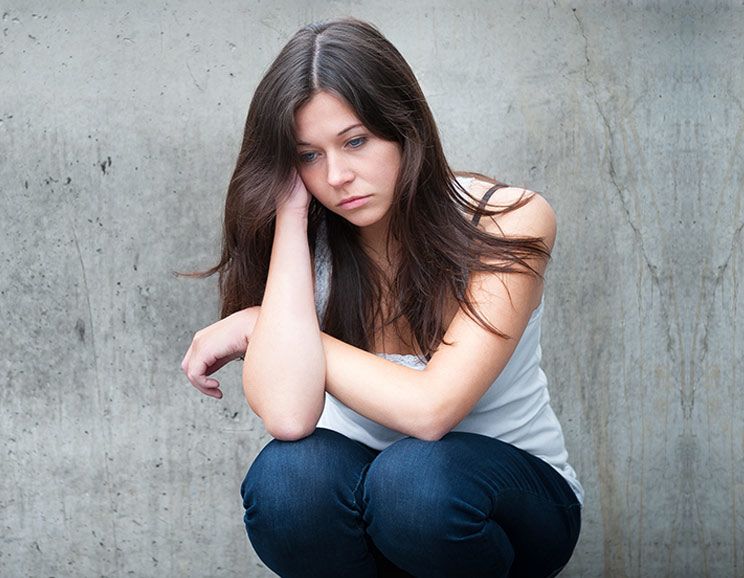
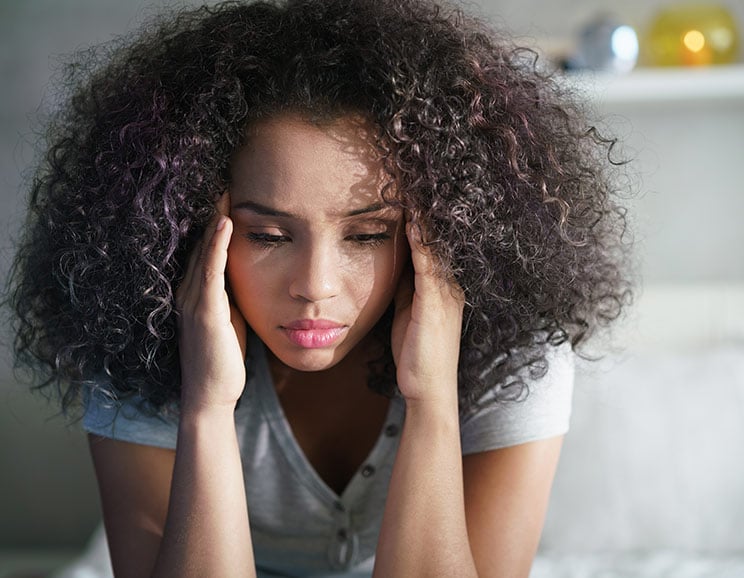
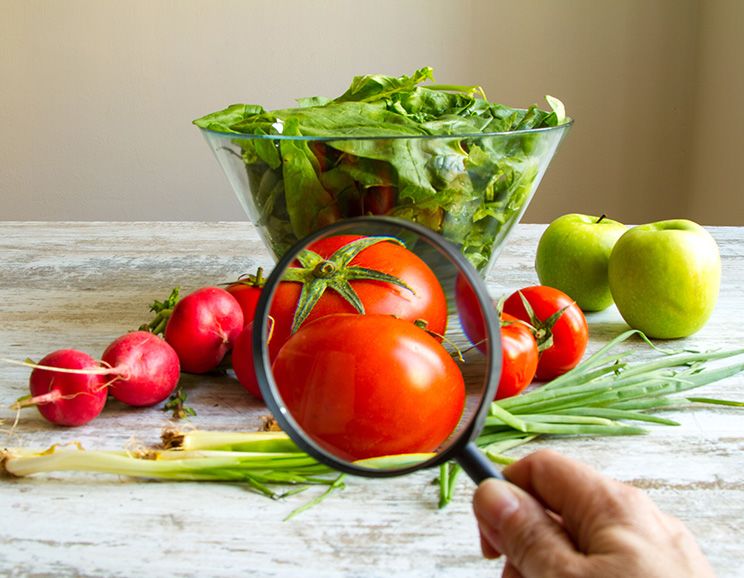
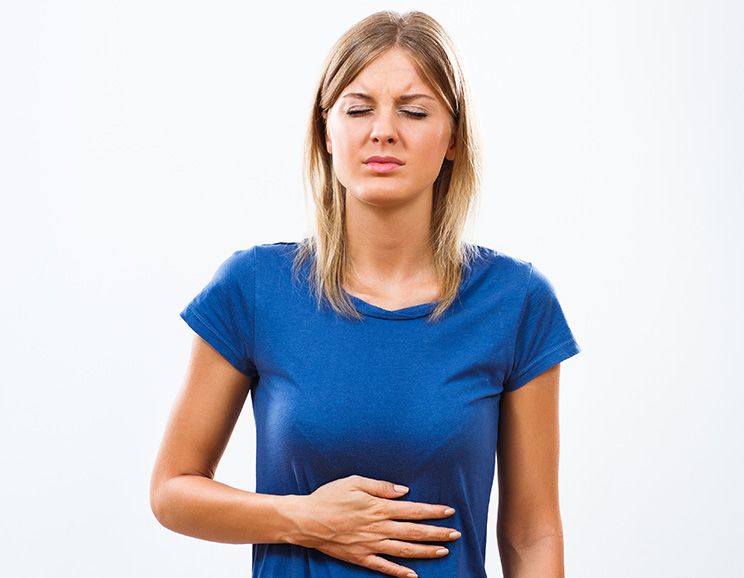
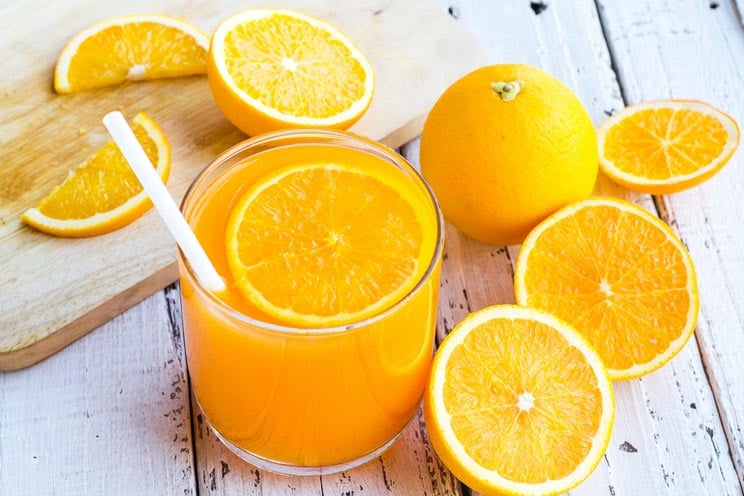
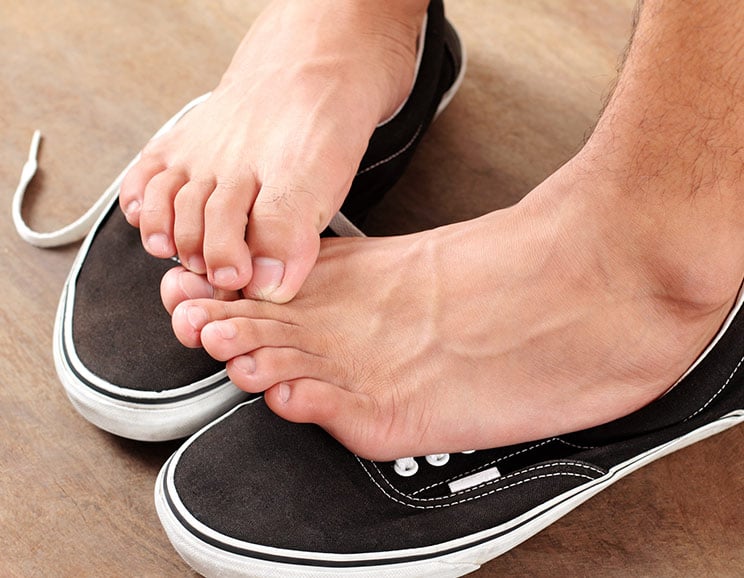
Show Comments